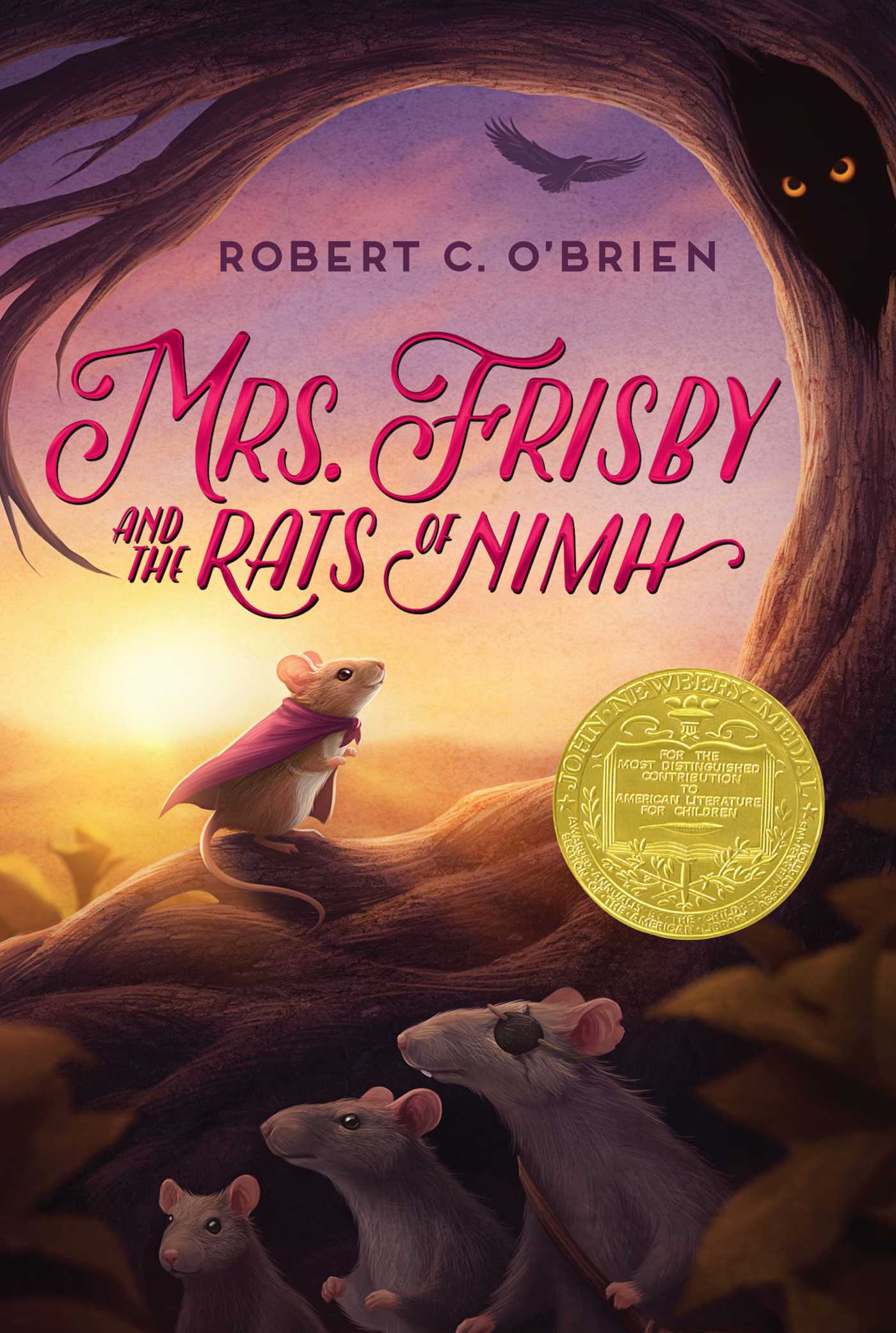

There’s currently an Redexit of Canadians who are looking to get off US-controlled social media.
Lemmy.ca has had a huge spike in enrolment as it’s the one that was most prominently promoted in r/BuyCanadian. Apparently, it’s had over 9k signups in the past day.







There’s absolutely no incentive to log in to YouTube now that subscriptions and bells do nothing to control your feed. End stage enshittification.